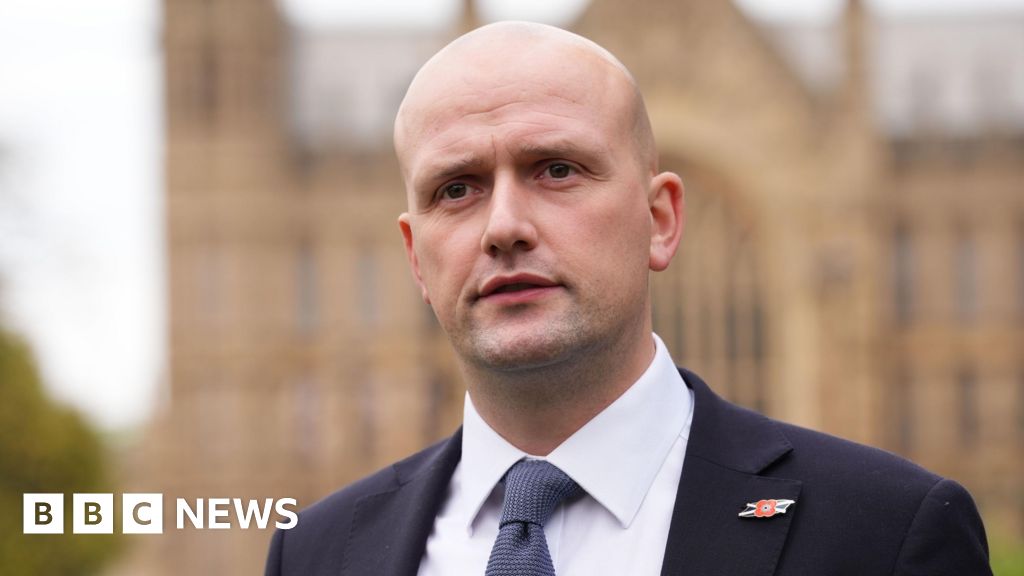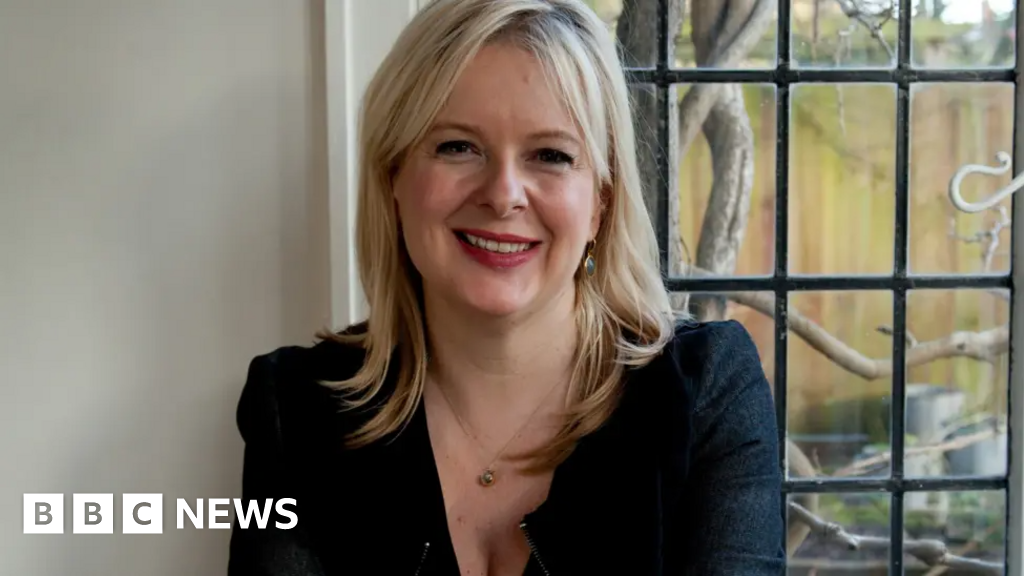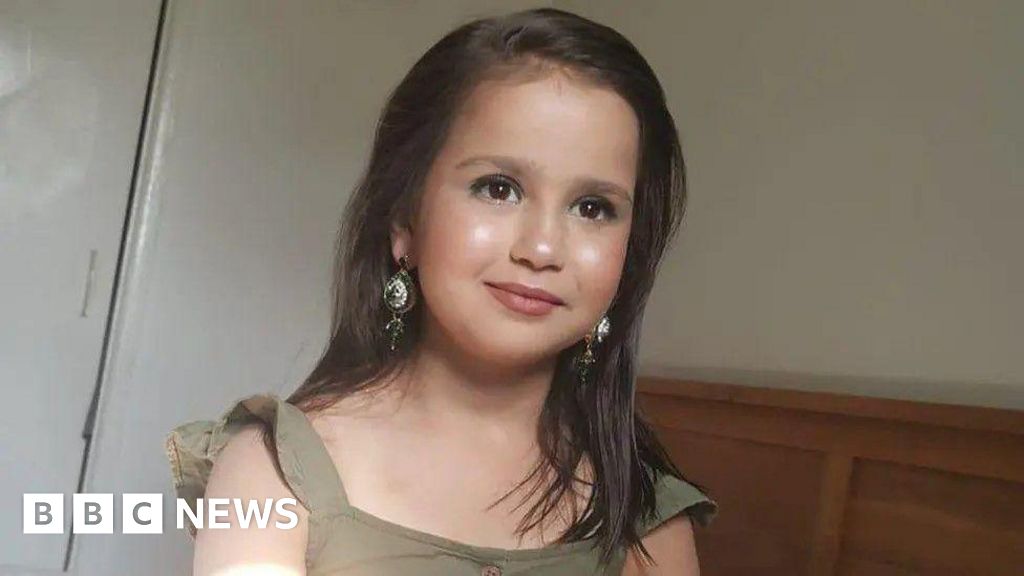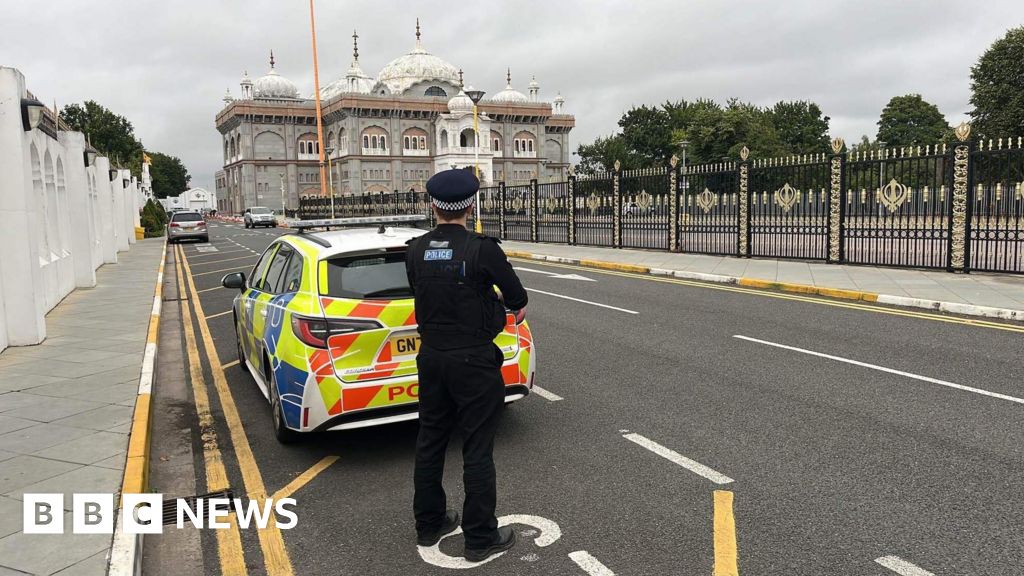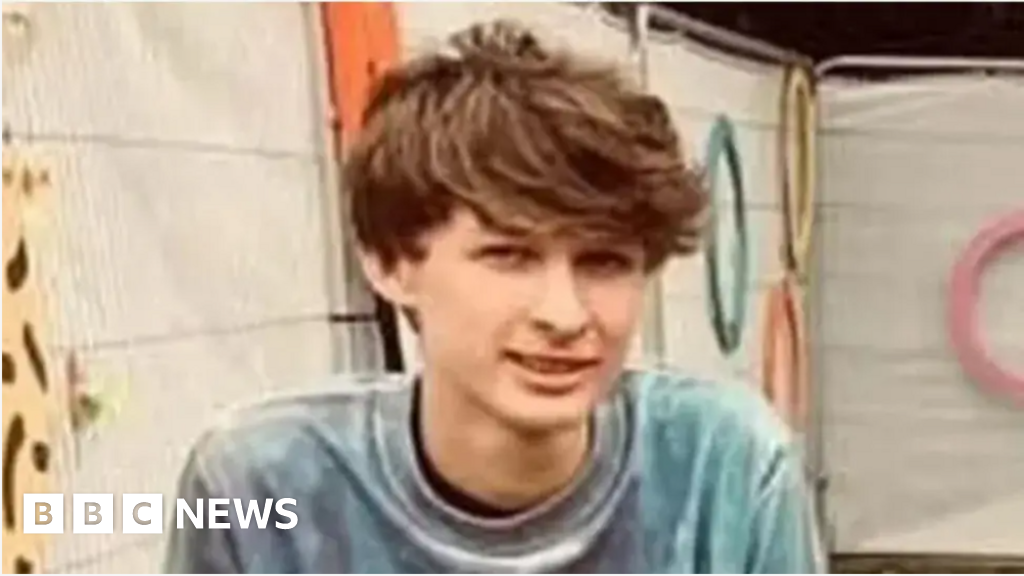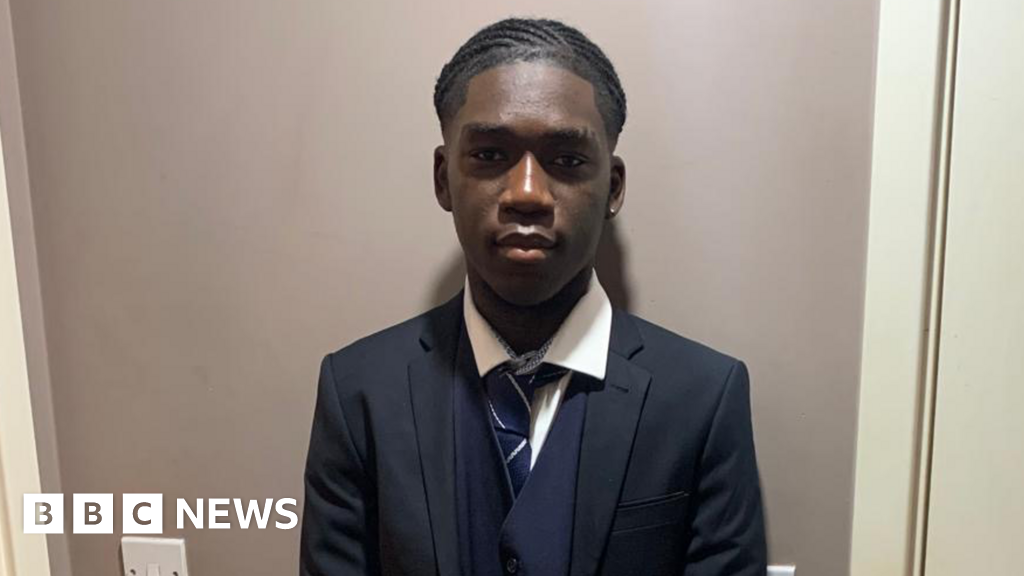
 Deirdre Shakespeare
Deirdre Shakespeare
Harry, 13, is autistic and non-verbal but can walk unaided
The mother of a young boy "restrained unnecessarily" in a chair in school has said she feels vindicated by a watchdog's report into the case.
Deirdre Shakespeare's son Harry, who is autistic and non-verbal, was restrained in a chair at his special school without her knowledge.
The Public Services Ombudsman has investigated Ms Shakespeare's complaint about Harry's treatment.
The watchdog said Harry was "restrained unnecessarily" and "the failures in this case caused the child's parents a huge amount of distress".
At the time of the incident Harry was five years old.
The ombudsman also criticised the Western Health Trust for failing to monitor his seating in school.
He can walk unaided but used a special chair at school mealtimes.
But according to the ombudsman's report, when the school claimed it was having difficulty moving him to the dining room, the trust added a wheeled base to the chair.
The ombudsman said that an assessment of Harry's needs should have been carried out and that "in approving and fitting the wheeled base to the chair the trust did not fully consider the child's human rights".

 Deirdre Shakespeare
Deirdre Shakespeare
Harry's mum, Deirdre, has said she feels "vindicated" by the report
"The child's mother also said the lap belt on the chair was much too tight," the ombudsman's report said.
"When she raised this with the trust she was told that the chair was also used by others in the school, and that her son could use another chair if she wished."
But that chair was "more restrictive and had foot straps, a lap strap, and a wheeled base," the ombudsman said.
The ombudsman's report concluded that "the chair was an over prescription and caused him to be restrained unnecessarily".
In a statement, the deputy ombudsman Sean Martin said: "The trust should have given guidance to the school on how to use the specialist chairs so that the child was only restrained when it was absolutely necessary.
"The principle of using the least restraint possible should be an imperative for everyone, regardless of the setting."
'Some sort of closure'
Harry is now 13 and Ms Shakespeare told BBC News NI that it had been "quite a lengthy investigation".
"We feel vindicated after all this time," she said.
"It brings us some sort of closure that this issue - as long-winded as it has been - has now been investigated thoroughly.
"Harry can't speak, he has no voice so this is an opportunity for this report to be his voice."

 Deirdre Shakespeare
Deirdre Shakespeare
Harry is "very happy" in school now
With other parents, Ms Shakespeare has been campaigning for a number of years for Harry's Law - to make it compulsory for schools to report when they isolated or restrained a child.
It would involve repeal of Article 4 of the Education (NI) Order 1998 which enables teachers to use force to stop pupils "engaging in any behaviour prejudicial to the maintenance of good order and discipline".
That call has also previously been backed by the celebrity and businesswoman Paris Hilton.
"We are looking for better scrutiny whenever restrictive practices have been used on a child," Ms Shakespeare said.
"As it currently stands there is no legal obligation for a school to report whenever a child has been restrained at school."
Happy in school
The Department of Education consulted on new statutory guidance on the reduction and management of restrictive practices in 2023.
But Ms Shakespeare said that it still left "a lot of grey areas and was very open to interpretation".
"It still didn't safeguard children," she said.
"The end goal for us is to make sure that whenever restraint has been used that it is recorded and reported.
"We don't want to see any further loopholes being put in place.
"We want to see better safeguards in place so that this never happens again."
She said that Harry was "very happy" in school now, but added that his case showed there also needed to be a joint approach to restraint taken by the departments of health and education.
"They collaborate together in schools and they're overseeing the care of our children," she said.
"I do feel this should have been looked at from a health and education perspective and not just one or the other.
"We need to make sure for every child coming through into education that every child is safeguarded from the misuse of restrictive practices."

 4 weeks ago
11
4 weeks ago
11
